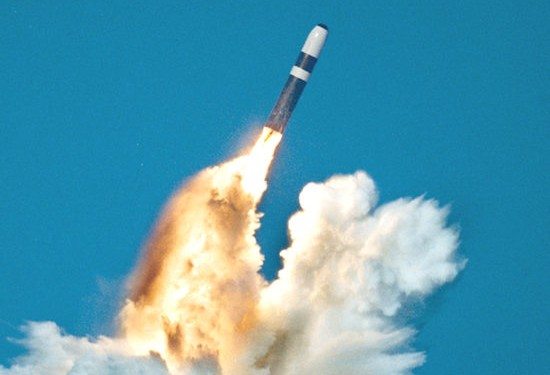Cooperation with private firms will benefit the US space industry but cannot replace cooperation with Russia. Washington risks seeing its space projects hit hard if it abandons cooperation with Moscow, Bloomberg says.
NASA has been actively promoting commercial projects to develop new-generation space rockets, supply vehicles and spaceships capable of carrying astronauts to low-Earth orbits and bringing them back.
On Thursday, after Russia’s Soyuz TMA-13M spaceship with a three-member crew successfully docked to the International Space Station (ISS), head of Space Exploration Technologies Corporation (SpaceX) Elon Musk unveiled a manned Dragon V2 reusable descent capsule in California.
The first Dragon V2 launch is scheduled for 2017 in what could mark an end to Russian-US space cooperation in at least one sphere.
The US may not be able, as it hopes, to maintain technological lead forever just because NASA is closely cooperating with private companies, Bloomberg warns.
SpaceX or other commercial companies will carry out space launches that will bring no obvious profit, but will not develop or service them. The latter task may require support from national space agencies and international partners.
Also, it’s unclear what will happen to Russian-US space cooperation after Russia pulls out of the ISS, something it intends to do in 2020, while the US is planning to keep the ISS until 2024.
As Russia expands and allocates more money for its space projects, it may start looking elsewhere for new partners, particularly in light of the recent events, Bloomberg notes.
Two weeks ago, Russia and China inked an agreement on space cooperation. The two may move to create a new-generation space laboratory that will be closed to US astronauts, journalist Joe Pappalardo said in his article on America’s space prospects. The article appeared in the Popular Mechanics magazine.
Russia is not a simple cooperation partner. The US kept sanctions against Russia for years, yet continued to cooperate with it for decades. The US-Russian space cooperation traces its history to the 1960s. There is no reason to halt it now, Bloomberg says.











